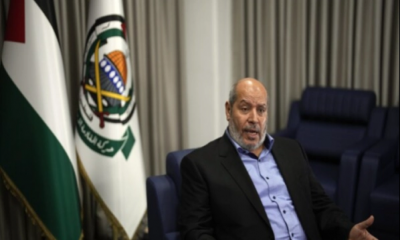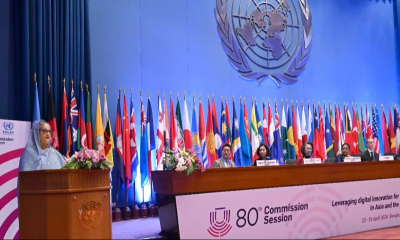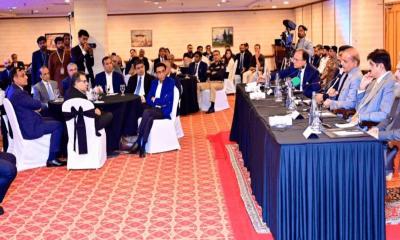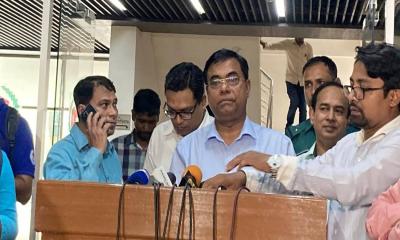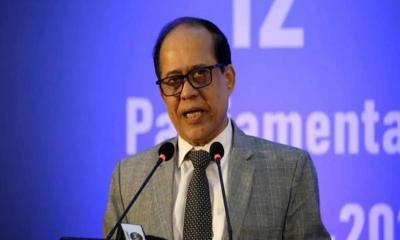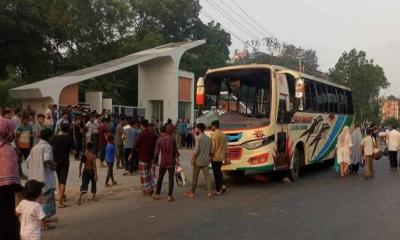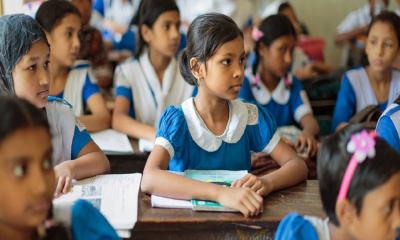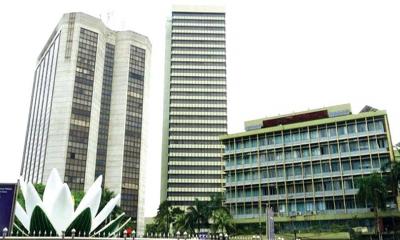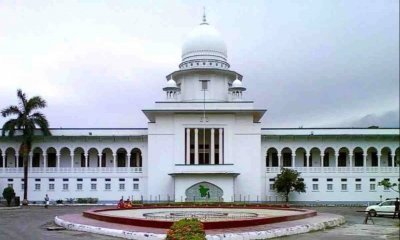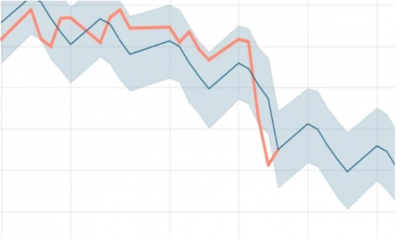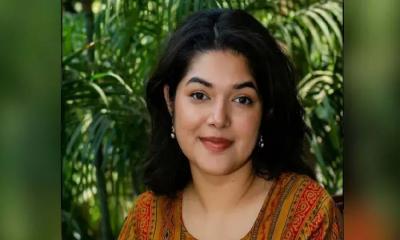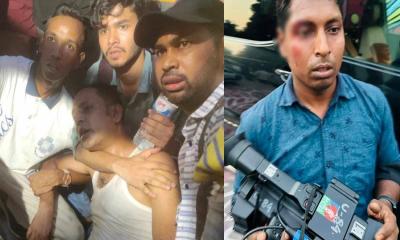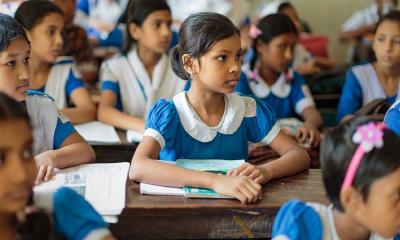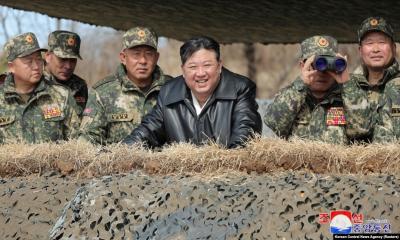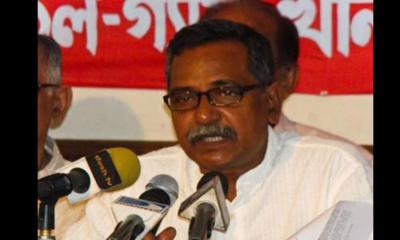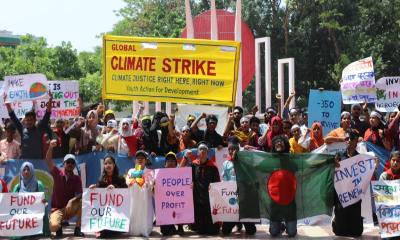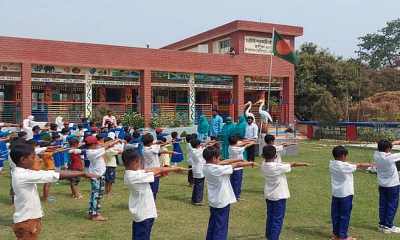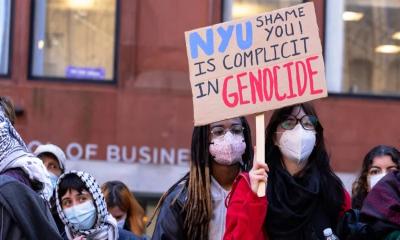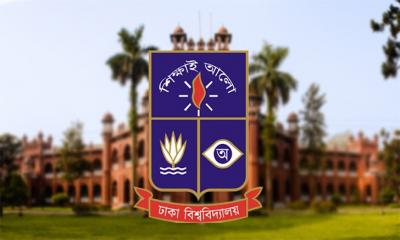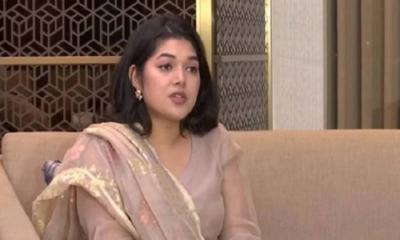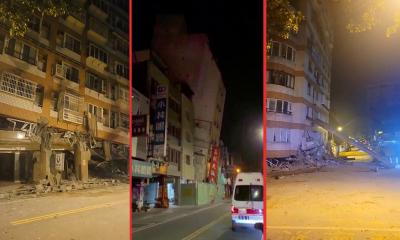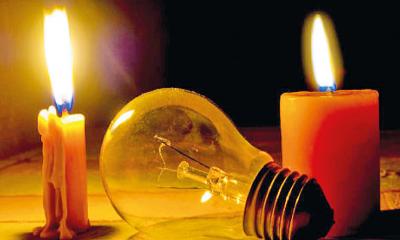The rise of tech entities and populism has led rapid spread of fake news, and as a result people become agitated and carry out attack on minorities. This is the way fake news impacted negatively on human rights in Bangladesh.
Speakers at an international seminar on Tuesday came up with this opinion at a seminar titled Fake News: A Threat to Human Rights & Democracy, arranged by Empowerment through Law of the Common People (ELCOP) on Tuesday held at Six Seasons Hotel in the capital.
They also stated that formal and legal measures, corporate commitments and civil society actions are necessary to fight fake news.
Senior journalist Saleem Samad presented a paper named Fake News: A Threat to Democracy in SAARC and BRICS Countries.
He pointed out in his presentation that collective efforts of South Asian and BRICS are apparently absent except for canned rhetoric by regional leaders, said a press release.
Arefin Mizan, research consultant at ELCOP, presented a paper on Fake News: A Threat to Democracy in Bangladesh.
The paper concluded with a call to Bangladeshis to teach others about fake news and its dangers, with the slogan "Each 1, teach 10."
Dr. Arghya Sengupta and Pulokesh Ghosh from India, Professor Dr Abul Barakat discussed during the session.
Dr. Arghya commented that since fake news is spreading though the platforms of big tech companies, the tech giants have the responsibility to prevent fake news.
During the second session Aroup Raton Shaha, research consultant at ELCOP, presented a paper titled Fake News: A Threat to Human Rights in SAARC and BRICS Countries.
Later, Md Johir Uddin Shohag, research consultant at ELCOP, presented a paper on Fake News: A Threat to Human Rights in Bangladesh.
The paper illustrated the disastrous impact of fake news on human rights in Bangladesh.
Professor Dr Imtiaz Ahmed from Bangladesh, Vasily Pushkov from Russia, Professor Dr Yubaraj Sangroula from Nepal, Jayanta Roy Chowdhury and Dr Lopamudra Maitra Bajpai from India spoke as designated discussants of concluding session.
Dr. Yubaraj, former Attorney General for Nepal said that the accountability and effective functionality of democratic institutions is essential to prevent fake news.
Scholars, journalists, diplomats, civil society representatives, bureaucrats, NGO and INGO officials, UN officials, and human rights activists participated in the open discussion session.




